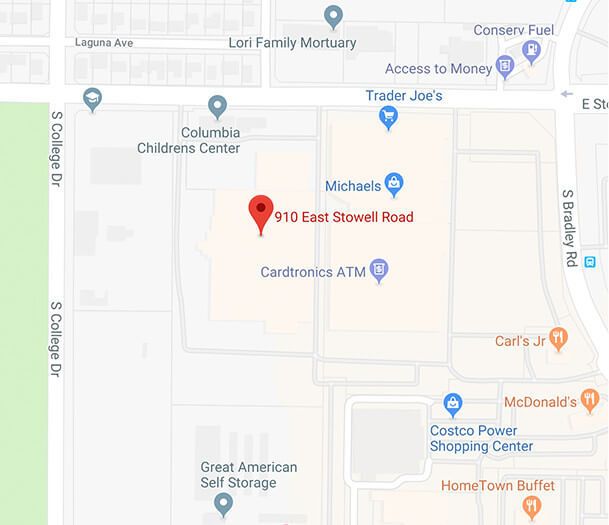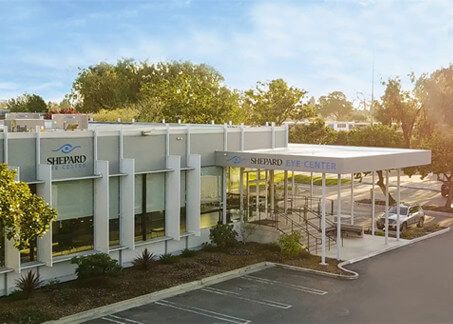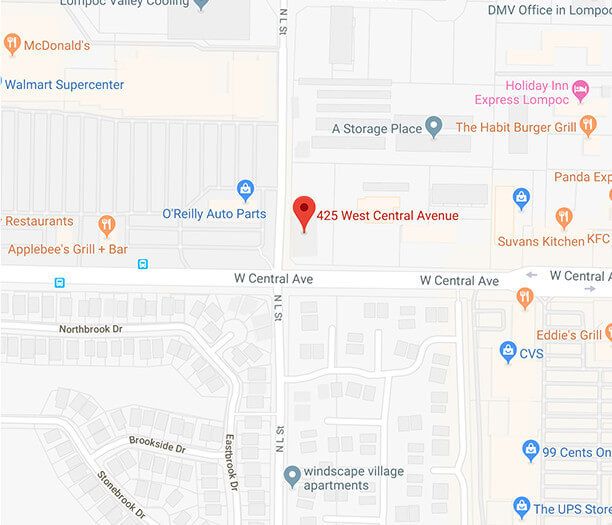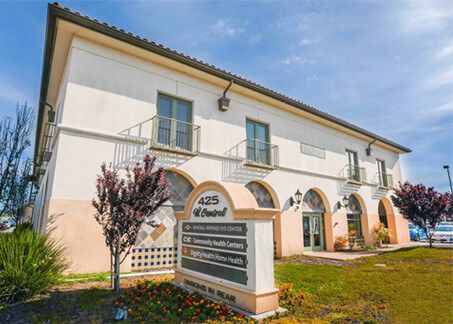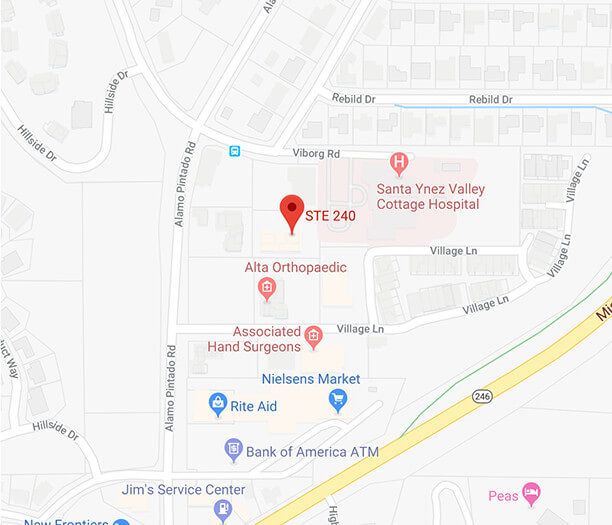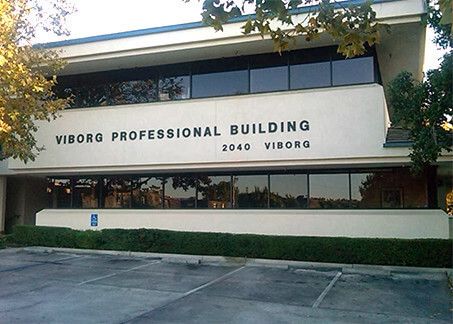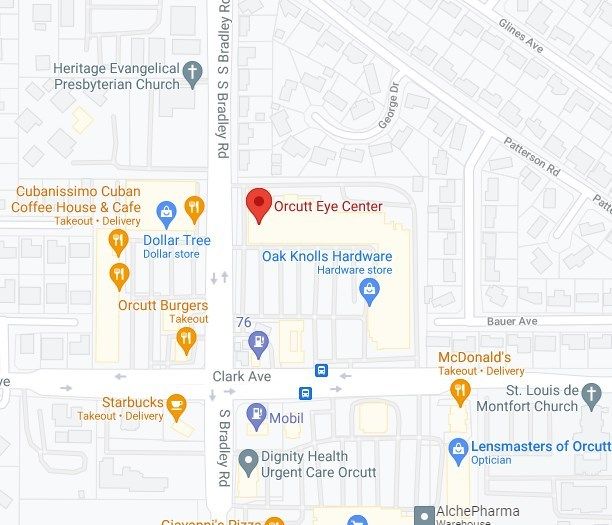
Today, vision correction is no longer just about achieving 20/20 vision; it's about enhancing our visual capacity to perform better in various aspects of life. In recent years, the popularity of contact lenses have soared. They are a convenient solution for individuals who are tired of wearing glasses.
While standard contacts are perfect for common refractive errors such as nearsightedness, farsightedness, or astigmatism, they may not be suitable for all individuals or conditions. Specialty contact lenses are a groundbreaking innovation in vision correction technology, designed to address complex eye conditions that standard contacts cannot correct.
What Are Specialty Contact Lenses?
Specialty contact lenses are a unique category of vision correction devices. Unlike standard contacts, they are designed for specific eye conditions and unique visual needs. They are often recommended for individuals who have difficulty wearing standard lenses due to discomfort or inadequate vision correction.
Specialty contact lenses come in various designs, materials, and fitting techniques, catering to a wide range of eye conditions. They may be used for correcting extreme refractive errors, managing eye diseases, or enhancing visual performance for certain activities or professions.
While specialty contact lenses may require more fitting time and follow-up care than standard contacts, they offer a personalized solution for clear vision. They are a testament to the advancements in vision correction technology, showing us that there's always a way to enhance our sight, no matter how complex our visual needs may be.
Different Types of Specialty Contact Lenses
There are several types of specialty contact lenses available, each designed to cater to specific eye conditions or visual needs.
Gas Permeable (GP) lenses are rigid lenses that provide clear vision for a wide range of prescriptions. GP lenses have a longer lifespan than soft lenses and are known for their high oxygen permeability, which promotes eye health.
Scleral lenses are large-diameter GP lenses that rest on the sclera and vault over the cornea. Scleral lenses provide excellent comfort and clear vision, as they create a tear-filled vault over the cornea that helps to soothe and protect the eye.
Multifocal lenses are another type of specialty contact lenses. Multifocal lenses provide clear vision at all distances, allowing individuals with presbyopia to enjoy a glasses-free lifestyle.
Applications of Specialty Contact Lenses
The applications of specialty contact lenses are vast and varied. They are used in various fields, from treating eye diseases to enhancing performance in certain professions or activities.
Specialty lenses like scleral lenses are used to manage conditions like keratoconus, where the cornea becomes irregularly shaped, causing distorted vision. Scleral lenses can also help manage severe dry eye, as they maintain a reservoir of fluid that keeps the eye surface moist.
In the sports arena, specialty contacts can enhance an athlete's performance by improving visual clarity and contrast sensitivity. For example, golfers may benefit from lenses that enhance the green contrast, helping them to read the greens better.
For individuals who work with computers or digital devices, specialty lenses can help reduce digital eye strain. Some lenses are designed to filter harmful blue light emitted by digital devices, reducing eye fatigue and promoting better sleep.
The Benefits of Specialty Contact Lenses
Specialty contact lenses offer a myriad of benefits that go beyond clear vision. They offer a personalized solution for visual comfort, visual performance, and eye health.
For individuals with complex eye conditions, specialty lenses can provide clear vision where glasses or standard contacts fail. They help manage symptoms, slow down disease progression, and in some cases, can even serve as a therapeutic tool.
The comfort level of specialty lenses is also remarkable. Scleral lenses, for example, do not touch the cornea and are therefore incredibly comfortable to wear. They also stay stable on the eye, reducing the risk of lens displacement.
Another benefit of specialty lenses is their potential to enhance visual performance. By catering to specific visual needs, they can help individuals perform better in their chosen fields, whether it's sports, arts, or professions that require detailed visual tasks.
Are Specialty Contact Lenses Right for You?
Specialty contact lenses are more than just a tool for clear vision. They are a testament to human innovation in the quest for perfect sight. Whether you have a complex eye condition, unique visual needs, or simply desire better visual performance, specialty lenses could be your solution to a clearer, brighter future.
If you're ready to explore specialty contact lenses, consult with our professionals to determine if they are the right solution for you. Visit Shepard Eye Center at our office in Santa Maria, CA (805) 925-2637, Lompoc, CA (805) 736-2020, Solvang, CA (805) 688-0707, Orcutt, CA (805) 937-9532 Morro Bay, CA (805) 772-1269, Templeton, CA (805) 434-5970, and San Luis Obispo, CA (805) 781-3937 to schedule an appointment today.









